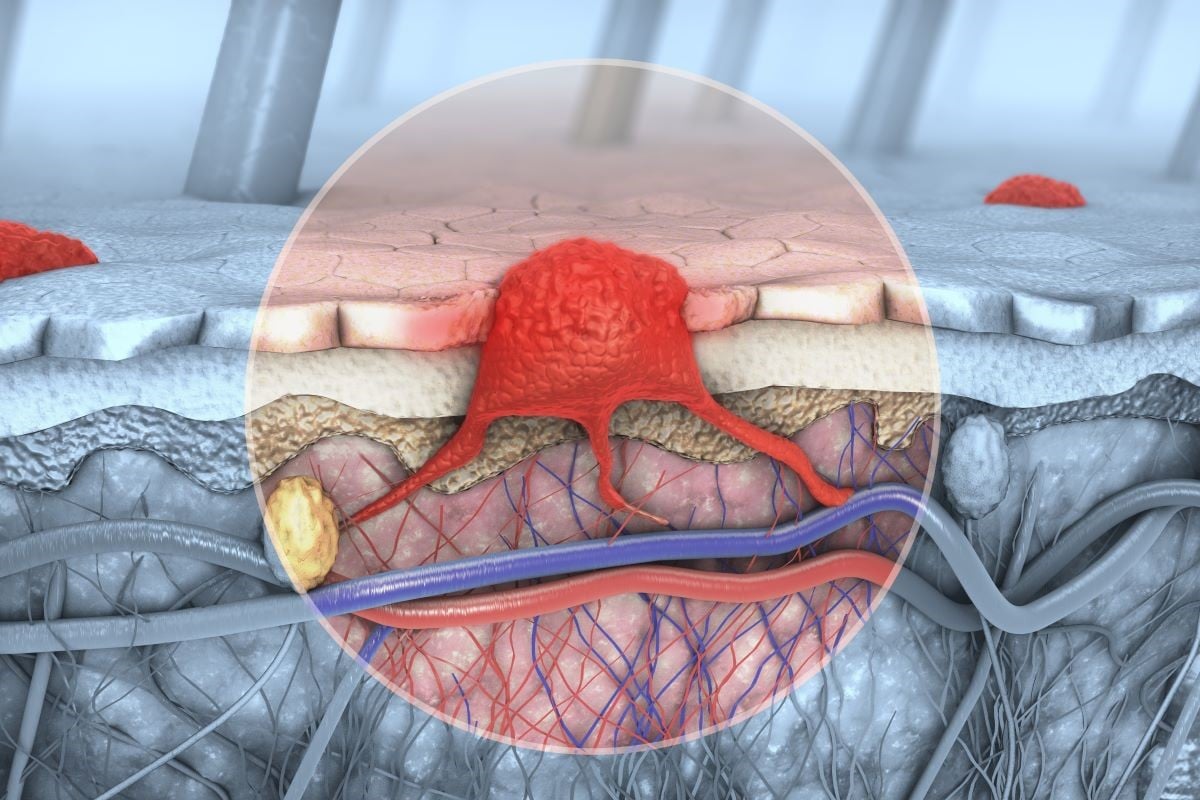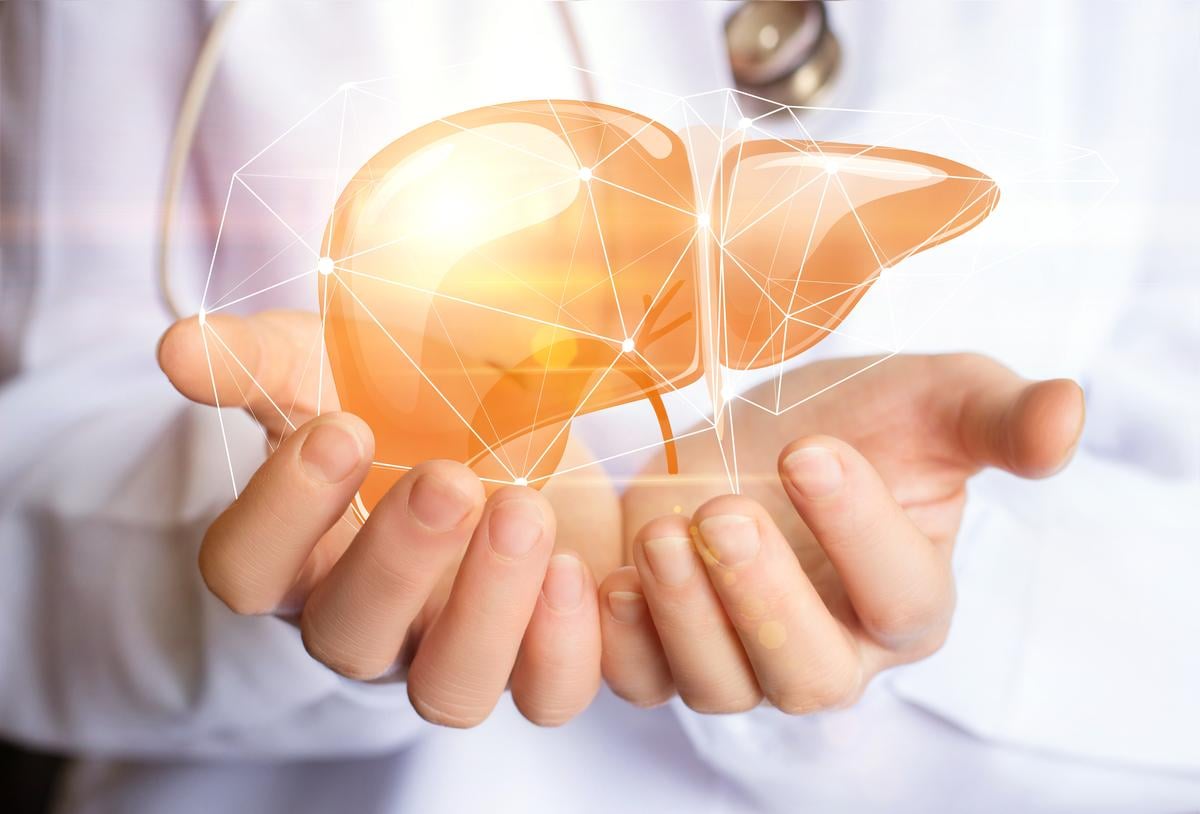
It’s still early science — studies in mice and in human cells — but researchers are on the trail of an effective new treatment for inflammatory skin conditions such as rosacea. Skin cells called mast cells are key players in the inflammation and itchiness that can plague folks with these skin ailments. However, researchers at… read on > read on >


















